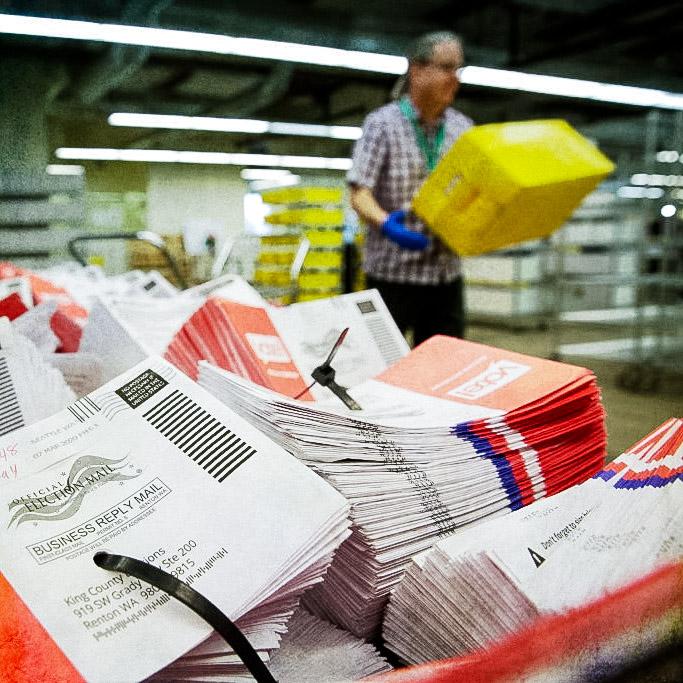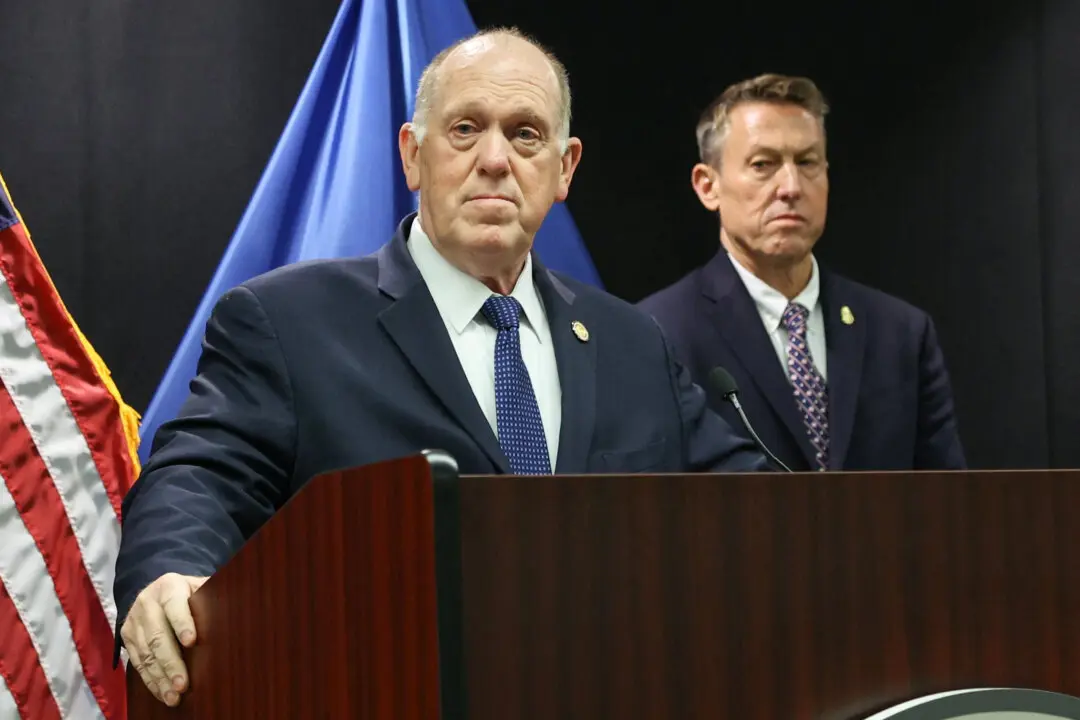A federal judge on April 10 rejected a Republican-backed lawsuit targeting Michigan election laws approved in recent years.
District Judge Jane Beckering, a Biden-nominated judge, wrote that the plaintiffs—11 Republican state lawmakers—were not able to prove they were injured by the laws. The lawmakers had sued Michigan Gov. Gretchen Whitmer and state election officials, saying that 2022 voter-initiated changes to voting laws should be declared invalid because only the state Legislature should be able to regulate them.





